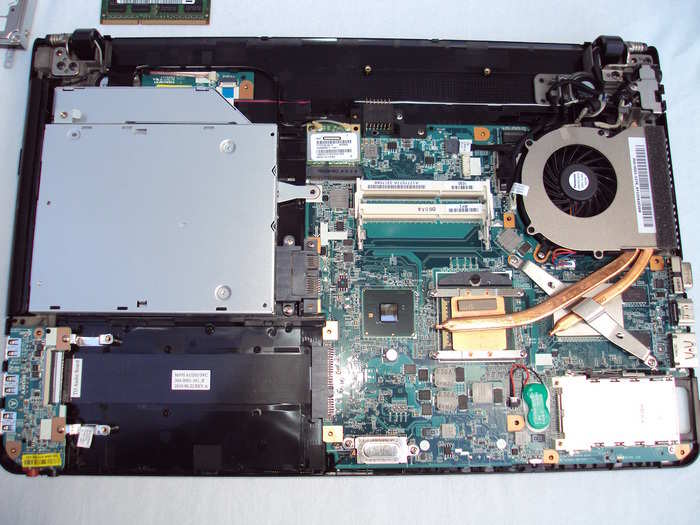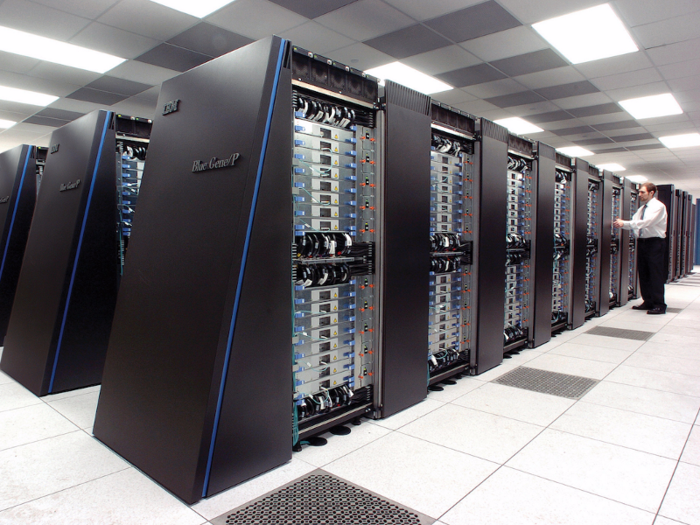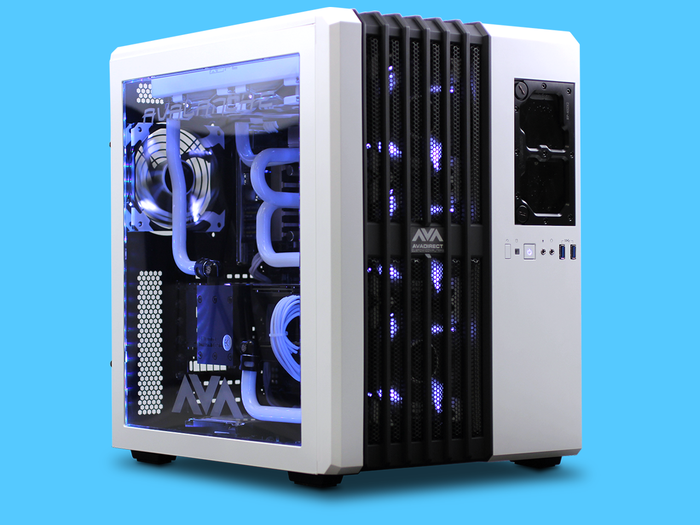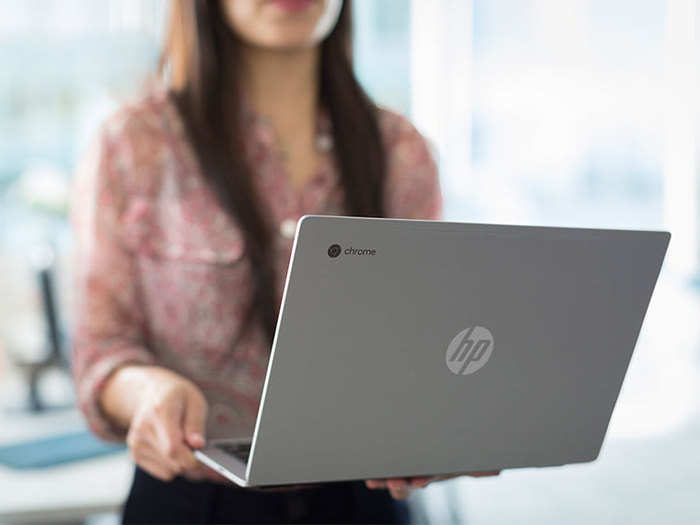You get more bang for your buck.
Depending on the brand, desktops and laptops with similar specs can often cost the same. Yet, the main differences between the two are the processor and the graphics processor.
Laptops use the smaller mobile version of a processor model, which often aren't quite as powerful as the full-size desktop versions. That could make a noticeable difference for people who use computers for power-intensive tasks, like photo or video editing.
Powerful desktops are cheaper than powerful laptops.
I picked a $1,699 laptop from a well-known name brand and compared it to a desktop PC you could assemble yourself with equivalent specs.
The parts I chose for the desktop equivalent of the laptop would cost me about $500 less than the desktop with the Windows 10 operating system included. On top of that, the full-size desktop parts are also more powerful than the laptop versions.
They're much better for gamers.
Gaming laptops are great, but some of them can hardly be considered "portable," as they can get insanely heavy and large. More important, laptop parts don't quite compare to full-size desktop parts in terms of performance.
For gamers who value performance over portability, a desktop is the best way to go. And it'll cost you a lot less than a laptop with equivalent specs.
You can still use a laptop (or tablet), but you don't need to buy an expensive model.
With the desktop as your main workhorse, you can buy a cheap laptop or tablet for light work, browsing the web, flicking through social media, or streaming videos while you're on the couch or traveling. And you don't need to worry as much about theft or damaging a cheap secondary laptop than you would if you owned a single, expensive primary laptop.
Cheap laptops like Chromebooks would be a great portable complement to a desktop, as you can carry them around wherever you need them for your general, basic day-to-day uses.




